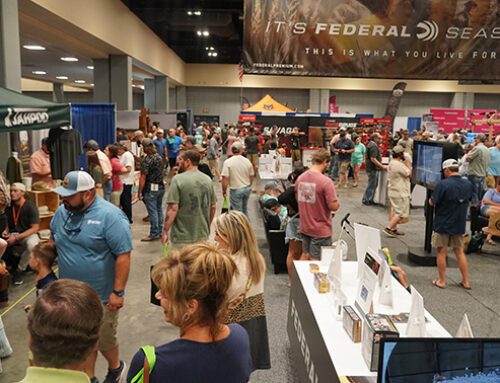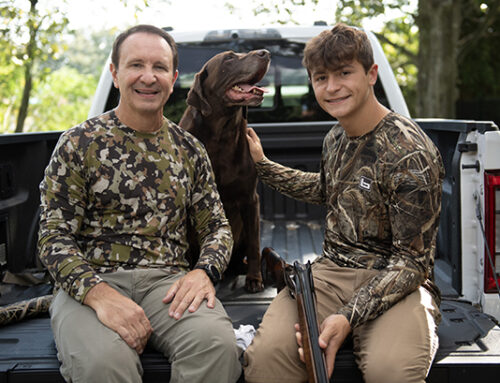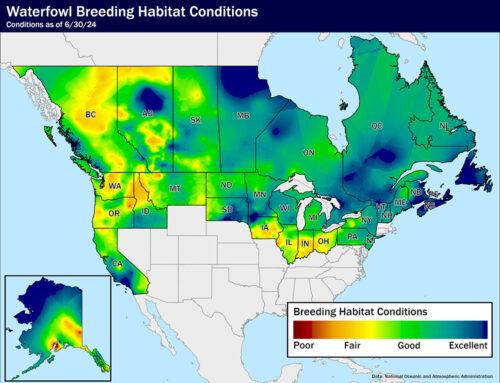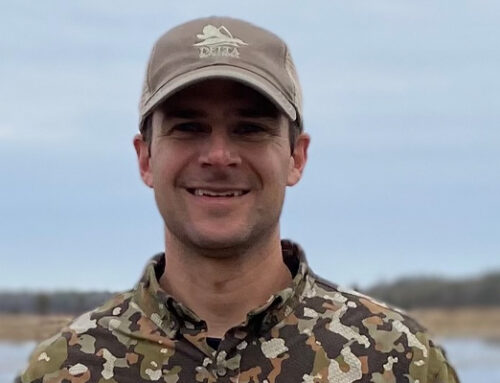Report Shows 2022 Hunting License Sales Have Decreased to Pre-Pandemic Levels
Resident, non-resident, and overall hunting license sales in the U.S. each see drop of 3.1%

The Council to Advance Hunting and Shooting Sports released the results of the Hunting License Sales 2021 – 2022 report, showing a 3.1% decline in license sales in 2022 compared to 2021. The survey was conducted as a follow-up to the previous two years’ studies, aimed to continue identifying changes and trends in hunters’ rates of license purchases.
The 2019 to 2020 study documented what is now called the “COVID-Bump,” showing a 4.9% increase in hunting license sales and likely driven by a rise in American’s demand for outdoor recreation during the pandemic. The following year, 2020 to 2021, did not follow the same trend, documenting a decrease in sales of 1.9%. In early 2023, the Council revisited the study, documenting a further decline of 3.1% in sales and bringing hunting license sale numbers back to pre-pandemic levels experienced in 2019.
“COVID created an opportunity for people to return to hunting or to try something for the first time,” said Joel Brice, chief conservation officer for Delta Waterfowl. “With a post-covid landscape, people once-again have time limits, so it is not surprising that different activities and responsibilities are all competing.”
Established in 2009, the Council was formed to ensure support for and active participation in hunting and the shooting sports, as well as educate the public on contributions that these groups make towards wildlife conservation—the impacts of waterfowling-specific funding such as the Federal Duck Stamp included. Their research informs a number of organizations involved in the nationwide “R3” movement.
Delta’s own HunteR3 Pillar has been working to increase hunter recruitment, retention, and reactivation of waterfowl hunters across North America since the early 2000s. By implementing key programs such as the University Hunting Program and First Hunt—the largest waterfowl-specific hunter recruitment program in North America—The Duck Hunters Organization continues to work to get more waterfowlers involved in the sport.
“Our hunter recruitment programs are continuously expanding to new audiences and demographics with a focus on providing a quality initial experience into waterfowl hunting,” said Brice. “The more people we can get involved, the more waterfowl hunters will choose to stay and increase the likelihood of seeing this trend turn.”
The Hunting License 2021 – 2022 report provides the most representative data and can be found at cahss.org.—Christy Sweigart






The problem is, where do you hunt? I gave up hunting in New York, because development wiped out all the places I used to go. It’s just not worth it anymore, after over 40 years of hunting. I would venture to guess that people realized that the opportunities were just not there, so why send hard earned money on nothing?